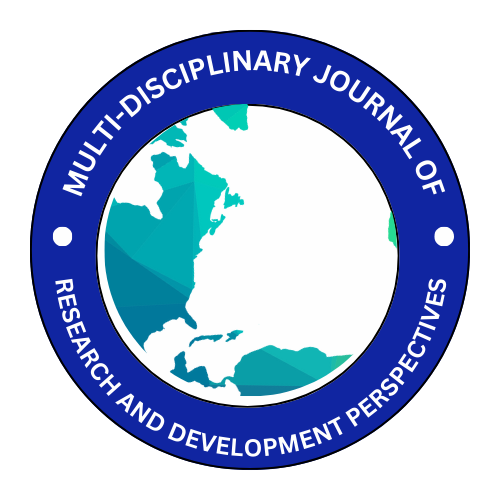Social determinants of fertility behaviour in Nigeria
Author(s): Ismaila Chicbey Oboh; Eemeka, J. O.; Udom, Hannah Thompson; Tersoo Asongo; Agba, A. Ogaboh
Institute(s): 1 Federal School of Statistics, Ibadan Campus; 2,4,5 Department of Sociology, University of Calabar; 3 Department of Social Work, University of Calabar
Volume 12 / Issue 2
Abstract
The study examined the influence of social determinants of fertility behaviour in Cross River South Senatorial District. The specific objectives of this study was to examine the influence of educational status on fertility behaviour among women, and investigate the influence of family size on fertility behaviour among women Wealth flow theory was adopted as a framework for explaining fertility behaviour. The study adopted a cross-sectional survey designed. A sample of 614 participants was selected for the study. The instruments for collection were qualitative and quantitative data. Retrieved data were analysed using statistical package for social sciences (SPSS version 20.0). Results revealed that there is a significant relationship between educational status, family size and fertility behaviour among women. Based on these, it was recommended among others that educational curriculum should be reviewed to include fertility behaviour as a core subject in healthcare especially at the secondary school level. This should be taught to both male and female students; as it will educate them of the various factors that have adverse effect on fertility outcome. It was also recommended that families should be sensitised through social media handles and news outlet and channels on various challenges that exist in society. These sensitizations should focus on the advent of urbanisation and its effect on increasing social problems of which the family is at the receiving end. Women should be encouraged to adopt reproductive health options available to help them manage childbirth.
Number of Pages: 15
Number of Words: N/A
First Page: 15
Last Page: 29
